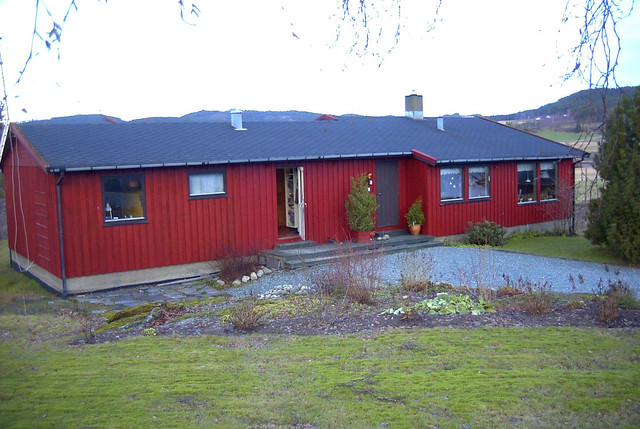Installing and Using a Shower Water Heater Properly
Have you ever had your hot shower interrupted with a burst of cold water? A shower water heater can help solve that problem.
Energy efficient and space saving, these systems only activate when needed. They are a great option for those on time-of-use meters. They use a lot of energy to heat and reheat water, however.
1. Efficiency
A standard water heater consumes a lot of energy, whether it’s powered by natural gas, electricity, or fuel oil. The amount of energy a water heater uses can have a major impact on your energy bill, especially if you use multiple showerheads or take long hot baths.
The energy efficiency rating of a shower water heater depends on several factors. Efficiency ratings are based on the type of energy source used to heat the water, as well as on usage habits and maintenance. Insulating the hot water supply pipes can also improve efficiency. In addition, energy prices in a region can affect efficiency ratings, as higher energy rates may drive homeowners to invest in more efficient models.
A tankless water heater is often the most efficient option for showers. These systems heat water on demand, which means they use less energy than traditional storage heaters. Plus, they take up less space than traditional units.
If you want to save even more energy, consider a point-of-use water heater for your shower. These devices are small electric or gas water heaters that install close to the shower. Since shower water heater they are installed closer to the shower, they will heat your water more quickly. This is because your water will not have to travel through hot and cold water pipes, where it can lose some of its heat.
2. Design
For those who want to limit the amount of energy used for heating shower water, electric tankless heaters are an excellent option. They use advanced German technology to provide endless hot water at an affordable price.
These heaters are designed for point-of-use applications and are able to meet the needs of most households. They feature an industry-exclusive Advanced Flow Control that provides superior temperature control. Designed to last ten years or longer, this advanced technology can save homeowners space, money, and water with its ultra-efficient operation.
Tankless or demand-type water heaters are also a great choice for homeowners who seek efficiency and sustainability. These units heat water as it passes through them, meaning you can get hot water instantly whenever you need it. This on-demand process eliminates standby energy losses, resulting in significant savings on your utility bills.
If you choose a compact tankless water heater for your home, be sure to size it properly to avoid overuse and damage. Start by adding up the expected flow rate of all the hot water devices you expect to use at one time, including showerheads and faucets. Then calculate the desired temperature rise needed by subtracting the incoming water temperature from your preferred output temperature. Then select a model with a maximum temperature rise rating that meets or exceeds this value.
3. Safety
While shower water heaters are a wonderful addition to any home, they must be installed and used properly to protect the longevity of the system as well as the safety of all those in the household. The following tips will help you keep your system safe:
Hire a Certified Professional for Gas Connections
If your home has a gas water heater, it is crucial to have a certified technician manage all gas connections during installation and service. Gas leaks are dangerous and can lead to carbon monoxide poisoning, which is fatal in large enough doses.
Regularly Check the Temperature and Pressure Relief Valve
Typically located at the bottom of your water heater, this valve prevents a build-up of excess pressure in the tank and can save you from a potential explosion or other catastrophic failure. Test the valve by pulling up on the handle, making sure water flows freely and stops when you release the handle. If it doesn’t, or drips or runs, then the valve needs to be replaced immediately.
Make sure the Water Heater is Properly Sized
Ensure your water heater is the right size for your household by having a professional perform an energy audit to determine your heating needs. Having an improperly sized water electric tankless hot water heater heater can increase energy costs and can also pose a fire hazard. Keep Flammable Objects Away
4. Installation
As with any electrical device, a shower water heater must be installed by a licensed electrician. A local electrician can correctly size the unit and install it safely. This is important because if an electric heater is not properly sized or installed, it could pose a safety risk to the family. If the heater is too small, it won’t be able to supply enough hot water when needed, and it may also overheat and overcharge. On the other hand, if it’s too large, it will waste energy and run up utility bills.
A non-condensing tankless shower heater heats water as it travels to the shower head. This type of water heater is less expensive to purchase, but requires a more complex ventilation system to draw outside air into the appliance for combustion. Condensing units are more expensive to purchase and install, but they can save you money on utility bills in the long run by reducing your water consumption and cutting your heating costs.
Before installing your new water heater, turn off the power to the existing one at the circuit breaker and drain it. Shut off the water supply to the unit as well by turning off the valve located between the water meter or water tank and the heater. Once the old water heater is removed, choose a location for the new unit and install its ports according to the manufacturer’s instructions. Ideally, the water heater should be close to the shower for maximum efficiency.

